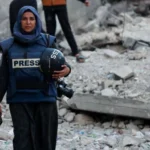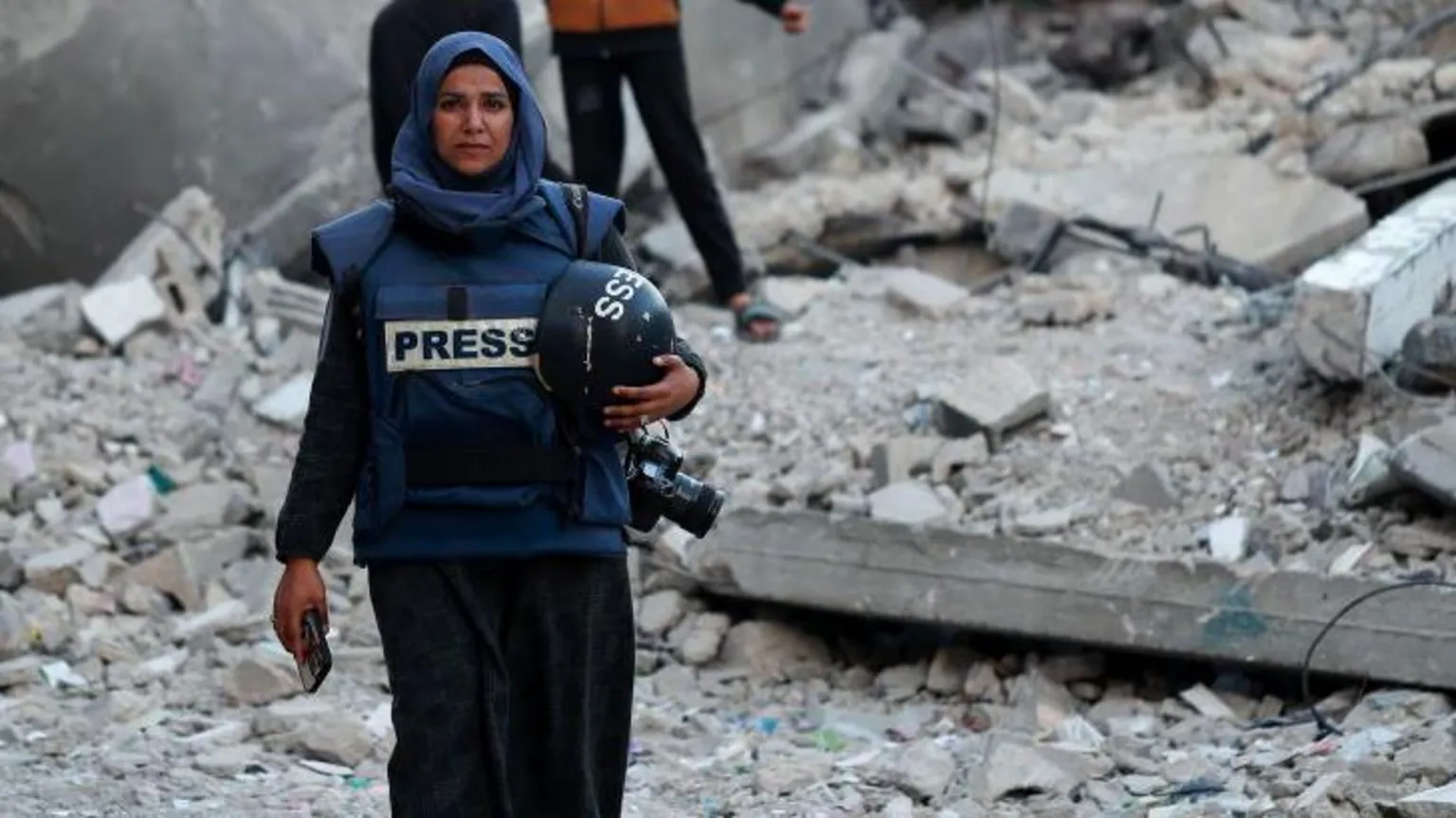UNITED NATIONS (AP) — Taliban insurgents show no sign of reducing the level of violence in Afghanistan to facilitate peace negotiations with the government, and appear to be trying to strengthen their military position as leverage, with the “unprecedented violence” of 2020 carrying into 2021, U.N. experts said in a new report circulated Friday.
The panel of experts said the Taliban are reported to be responsible for the great majority of assassinations that have become a feature of the violence in Afghanistan, targeting government officials, women, human rights defenders and journalists among others. These attacks “appear to be undertaken with the objective of weakening the capacity of the government and intimidating civil society,”it said.
In the 22-page report to the U.N. Security Council, the panel said the withdrawal of U.S. and NATO forces by Sept. 11, the anniversary of the 2001 terrorist attacks on the United States, “will challenge Afghan forces by limiting aerial operations with fewer drones and radar and surveillance capabilities, less logistical support and artillery, as well as a disruption in training.”
The Taliban were ousted from power in Afghanistan in 2001 by a U.S.-led coalition for harboring Osama bin Laden, the architect of the Sept. 11 attacks.
A peace deal that Washington brokered with the Taliban and signed in February 2020 was aimed at bringing American troops home and ending more than four decades of relentless wars following the 1979 Afghan invasion by forces from the former Soviet Union.
Negotiations between the Taliban and Afghan representatives began last September in Doha, Qatar and continued earlier this year. But the Taliban announced on April 13 — a day before President Joe Biden’s announcement that all U.S. troops would leave by Sept. 11 — that it would not take part in any conference intended to decide the future of Afghanistan until all foreign troops were gone.
The U.N. experts, who monitor sanctions against the Taliban, predicted more violence in the run-up to their departure.
“Taliban rhetoric and reports of active Taliban preparations for the spring fighting season indicate the group is likely to increase military operations for 2021, whether or not a spring offensive is announced,” they said.
The experts also questioned how Afghan forces would fare without coalition support.
“Afghan forces have successfully reversed many Taliban gains with the assistance of international coalition close air support, but have done so with heavy casualty rates,” they said. “It remains to be seen how Afghan forces will perform without it.”



